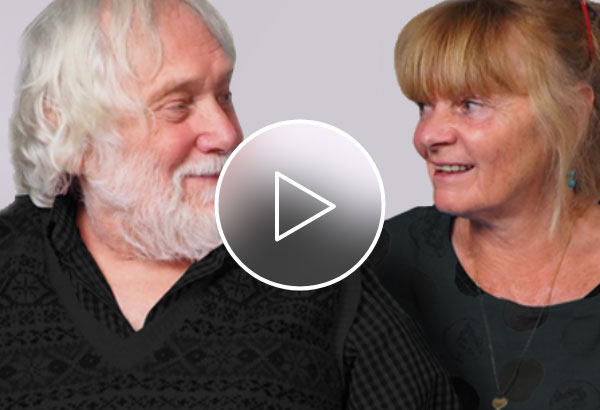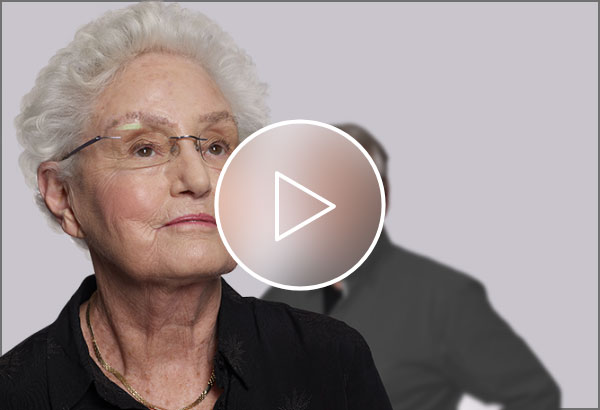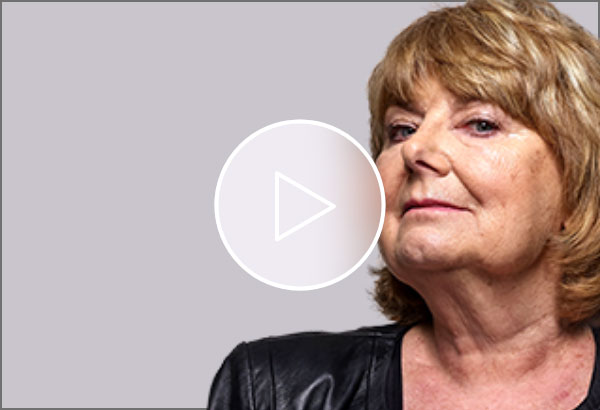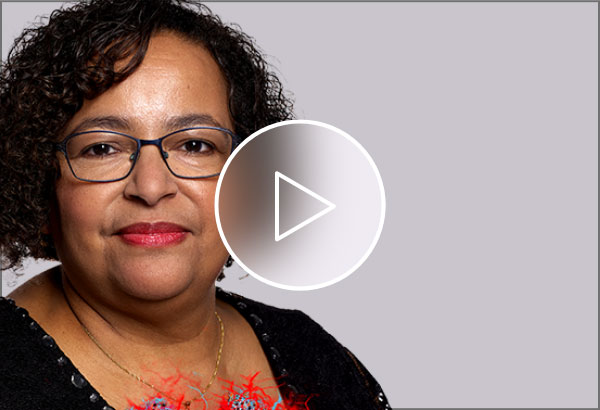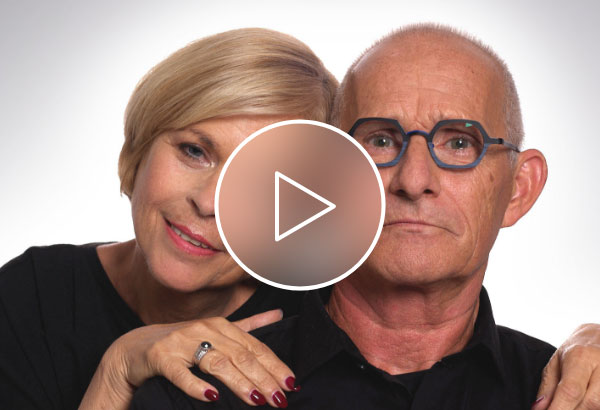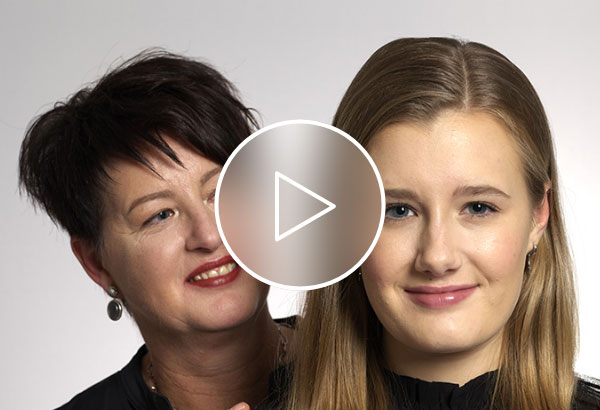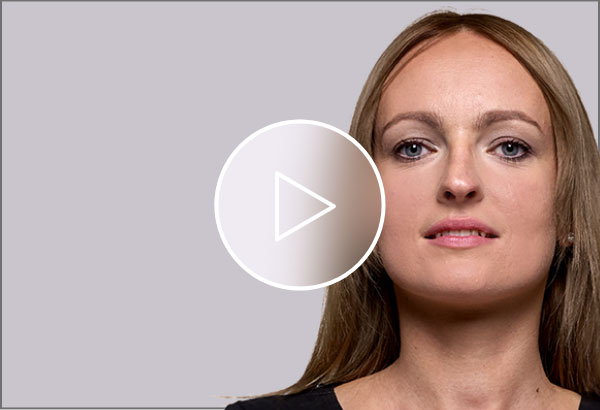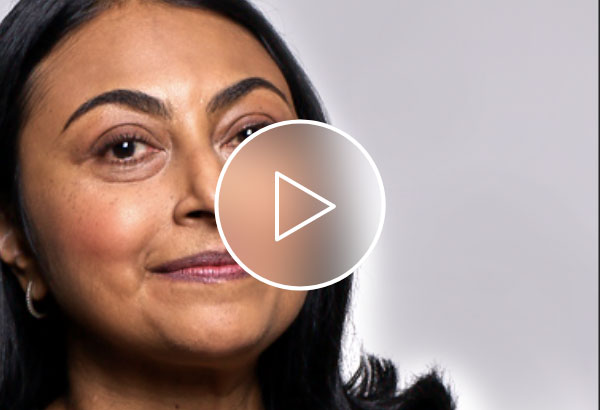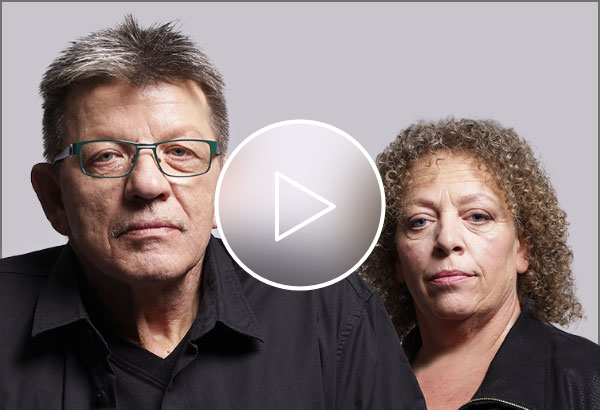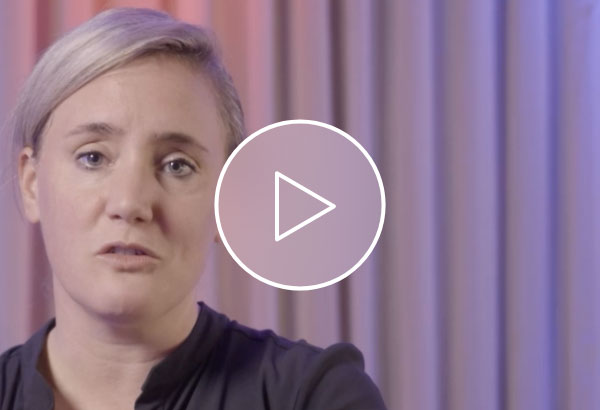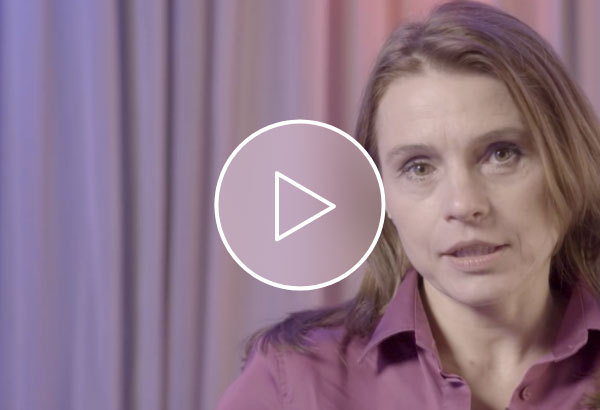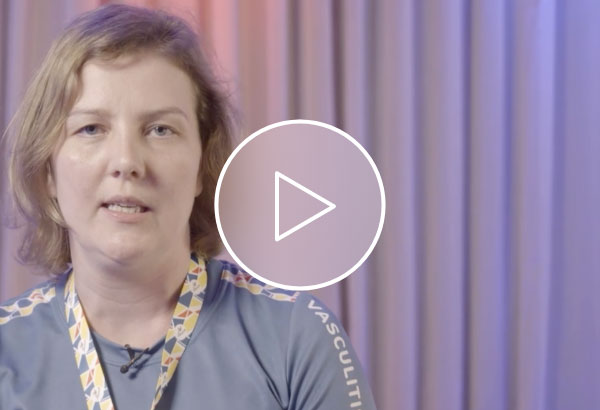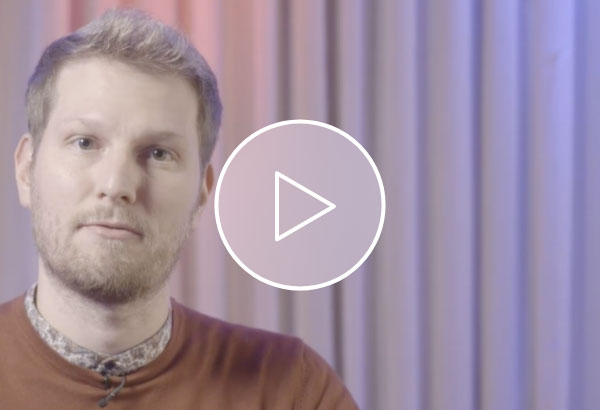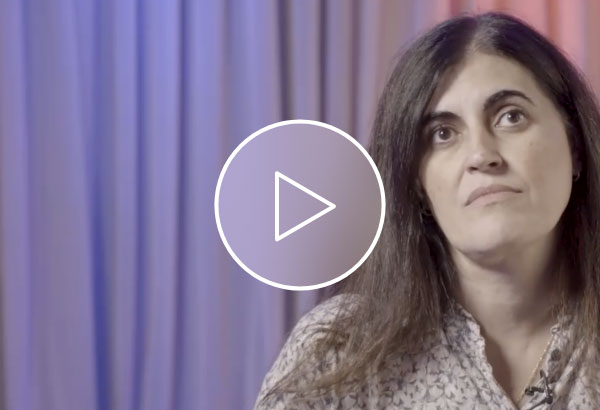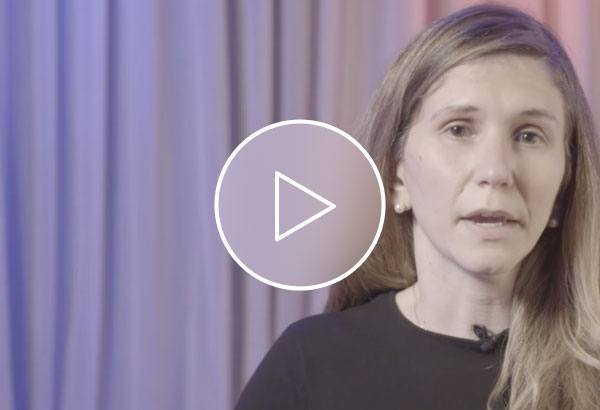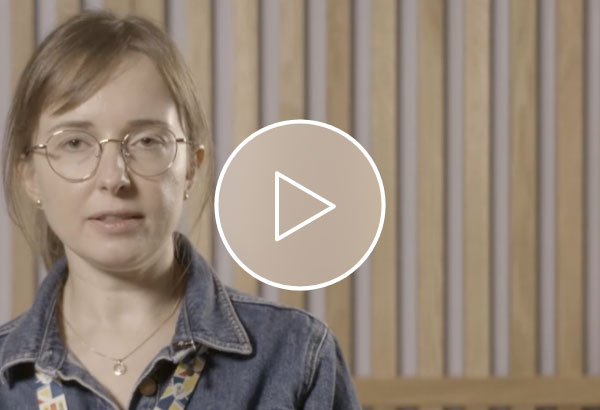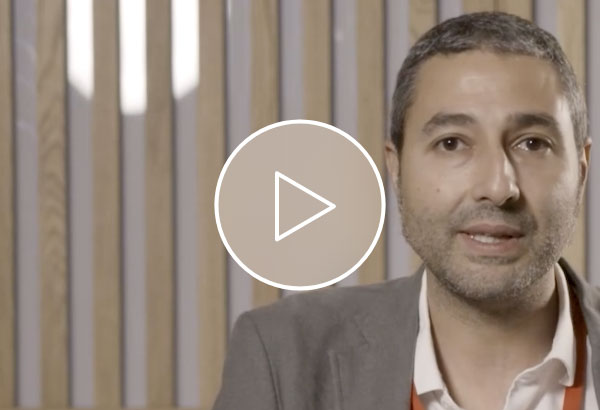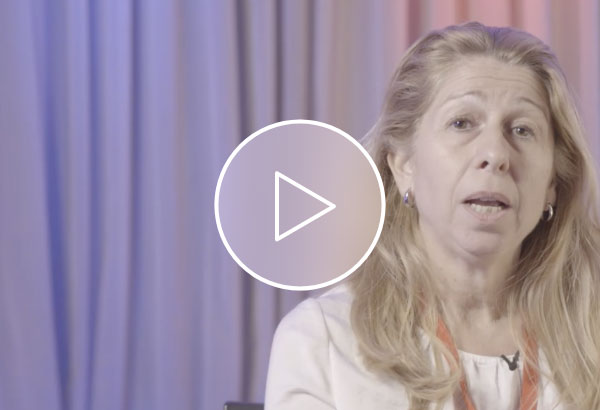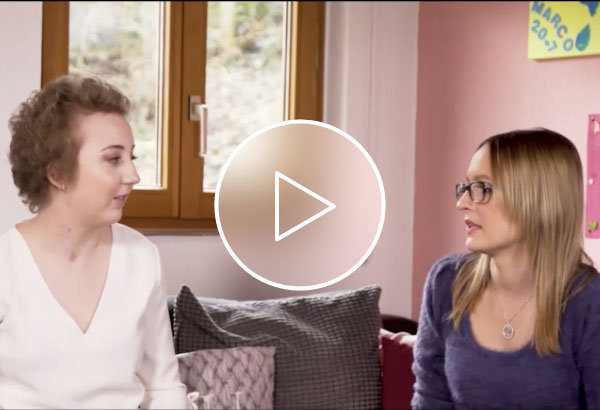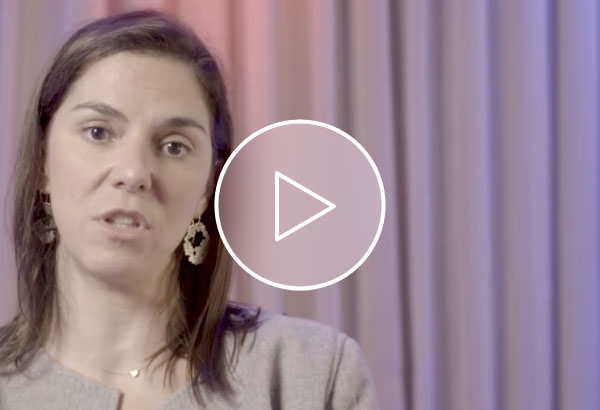Anne - GPA, NL
Anne - GPA, NL
What feelings are commonly experienced by people with ANCA-associated vasculitis?
You may find that you experience some, none or many of the following feelings at some point in your AAV journey:1,2
Worry, fear, uncertainty and anxiety
Worry, fear, uncertainty and anxiety – often about diagnosis itself or about what to expect in future
I was really very afraid that I would die, at the time I had young children and I thought I would leave them behind.”
— Rina
Distress and isolation
These are particularly common among patients who spend time in intensive care, as well as those who experience delayed diagnosis or face dilemmas about how their disease should be managed
I had to stop my initial treatment because it affected my kidneys negatively. I put on loads of weight and swelled up from the high-dose steroids.”
— Martina
Frustration
This is common both before receiving a diagnosis and later on, for example due to treatment side effects, when new symptoms develop, or during a relapse
I found concentrating and focussing really difficult on high doses of steroids. I was pretty ill after each cycle.”
— Catherine
Powerlessness
Due to the disease’s progression or because it makes you feel less in control of your day-to-day life and routine
She was so incredibly sick that she couldn’t participate in the process of making choices about her care. She was completely deaf.”
— Peter, husband and carer to Elisabeth
Loss of identity
If you feel like you are struggling to live life in the same way you did before and/or AAV is preventing you from doing certain things
I regarded vasculitis as something very annoying. I was quite angry that I got vasculitis because I didn't think I was the sort of person who became ill, I just kept on going.”
— John
Relief and resilience
It may help to remember that, with available treatments and the potential for remission, many patients also experience positive feelings such as these at various stages during their treatment
I just appreciate the little things and see the steps forward, even though sometimes you have to take a step back, you can always try to fight back and take new steps again.”
— Anne

Whatever you’re feeling, you don’t have to cope alone
The sections below contain advice on coping strategies, and you may also wish to seek support by contacting a local patient support service or talking to your doctor about what help is available to you.
References and footnotes
Wil – GPA & Marleen (carer), Netherlands
Elisabeth -
GPA, NL
What can I do to feel more in control of my ANCA-associated vasculitis?
AAV can affect people’s everyday lives in many ways. Your doctors will be able to advise you on how to cope with the impact of AAV, but you may also find the following suggestions help you feel more positive about coping with the condition:
Tips on fatigue & sleep disturbances
Tips on pain
Tips on work
Tips on activities
Tips on isolation and loneliness
Tips on taking charge of your situation
Tips on coping with strong emotions
Elisabeth - GPA, NL

Tips on fatigue and sleep disturbances1–3
-
Try taking regular moderate exercise such as swimming or walking if you feel able
-
Eat plenty of healthy foods and drink enough fluids
-
Try relaxation techniques (such as meditation, tai chi or yoga) to see if they help you
-
Pace your activities and plan rest periods between daily activities if fatigue is becoming a significant part of
your day -
Limit the number of naps you take and keep them to less than an hour each so that you sleep at night
References and footnotes

Tips on pain1,2
-
Try keeping a pain diary (either as a separate document or as part of a more general diary about your AAV) to help your doctors understand your pain better. If you prefer not to write, you could use colour coding or emoji face symbols to express how you feel
-
Ask your doctors about taking painkillers. Depending on the severity and type of pain, they may recommend milder drugs (like paracetamol) or stronger, more specialised medications.
-
Consider whether complementary therapies like hydrotherapy, acupuncture, massage or reflexology might be helpful. If you are thinking about using any complementary therapies, it is important to talk to your doctors to ensure that these will not interfere with your treatment
References and footnotes

Tips on work
-
If you are able to work, consider talking to your employer's HR (Human Resources) team about your AAV to find out their policy on sick pay and what other support they can offer you, such as reduced working hours or a phased return to work after treatment
-
If you are worried that your employer will not be supportive, find out about your country’s anti-discrimination laws to see how they can protect you in
the workplace -
Consider finding out about disability allowance or other financial assistance that could help support you and
your family

Tips on activities1–4
-
Express your feelings artistically, using hobbies such as drawing, music, writing, or theatre
-
If you are struggling to maintain an active lifestyle, try low-impact activities like photography, sewing, gardening
or cooking -
If you are stressed or frustrated, consider trying activities such as yoga, meditation or mindfulness
-
Consider joining a social group such as a book club, knitting circle or discussion group
Did you know?
In some studies, some people with serious illnesses who took up drawing reported:
-
Their mood was significantly improved, and symptoms like pain and fatigue were reduced2
-
Visualising their condition helped them explore their understanding of their illness in insightful ways3
-
Art filled spare time, distracted them from thoughts of illness and helped them maintain a positive identity3,4
References and footnotes

Tips on isolation and loneliness1
-
Try to attend events whenever you are well enough even if you do not feel in the mood
-
If you have to cancel social plans, try to reschedule as soon as possible
-
Plan future events so you have things to look forward to and focus on
-
Communicate what you are going through to friends and family members whenever possible so they can
support you -
Attend local patient group meetings as often as you can
-
Look up health and wellbeing events in your area to see what is available
References and footnotes

Tips on taking charge of your situation
-
Consider what the realities of the illness are and how it will affect your life
-
Recognise which symptoms are chronic (long-term) and which are likely to only be temporary
-
Try to focus on the purpose and meaning in your life beyond the limitations imposed by illness
-
Try to focus on what you can do rather than what
you can’t -
Try to take things one day at a time and focus on achieving simple goals

Tips on coping with strong emotions1–3
-
Although temporary feelings of sadness are common when coming to terms with AAV, if these don’t improve within a couple of weeks, you should see a doctor
-
Depression is a serious illness with emotional and physical symptoms, but it is treatable—so tell your doctors if you think you may have it
-
Depending on your symptoms, you may want to talk to them about talking therapies (such as counselling or cognitive behavioural therapy), antidepressants and other sources of support that are available, such as online support
References and footnotes


